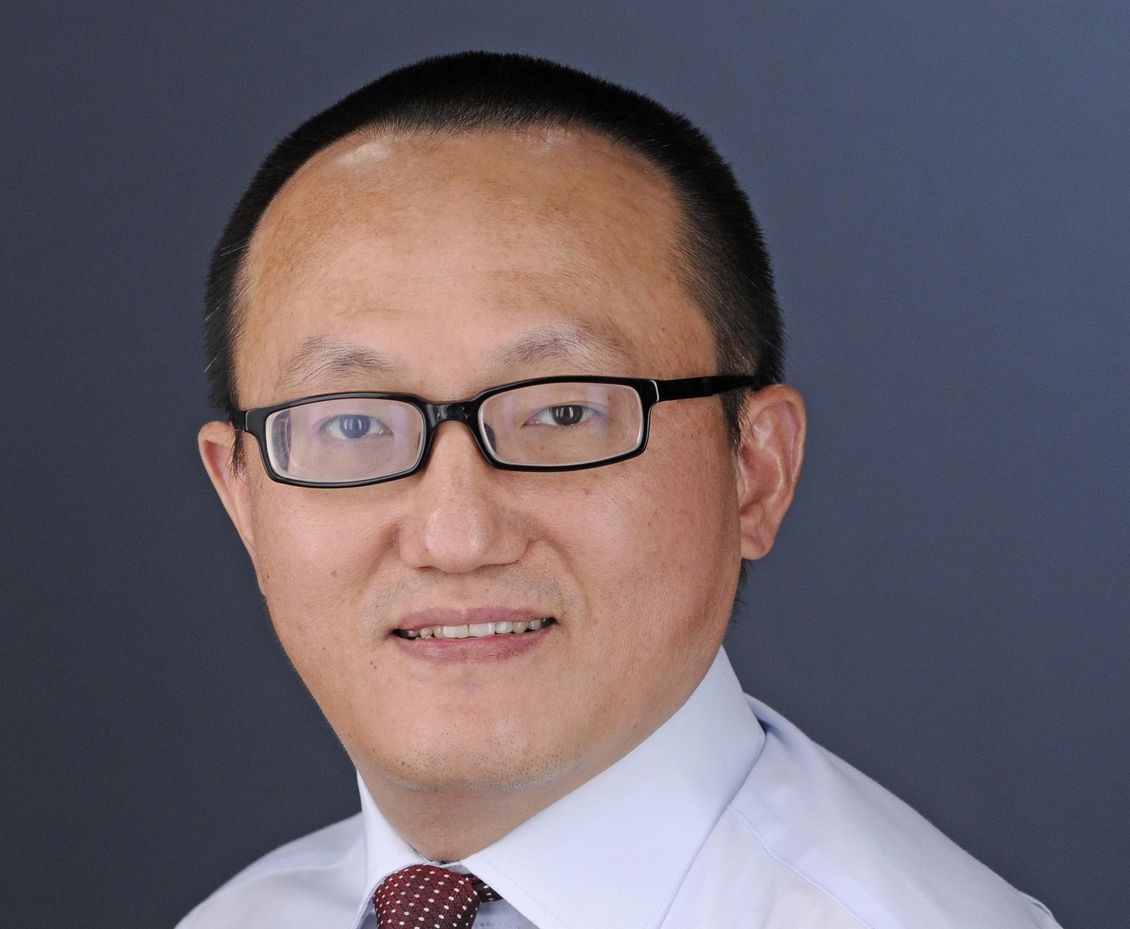

A University of Kansas professor was found guilty this week of concealing ties to a Chinese government-linked university, and in a second case a Chinese national was sentenced to more than two years in prison for stealing agricultural trade secrets.
The two cases are part of the Justice Department’s initiative targeting Chinese technology theft that officials say has been scaled back by the Biden administration but not canceled, as some news reports have said.
The conviction of Tao Feng, also known as Franklin Tao, a full-time professor at the University of Kansas, and the sentencing of Xiang Haitao, a Chinese national, were both linked to the Chinese government “Talents” programs to link with overseas Chinese researchers to obtain U.S. civilian and military technology.
Tao was found guilty on Thursday by a jury in Kansas City, Kan., following a two-week trial.
The professor was convicted of three counts of wire fraud and one count of making a false statement as part of a scheme to conceal an $80,000 a year contract with China’s Fuzhou University that he hid from both KU and the government.
Tao worked at KU’s Center for Environmentally Beneficial Catalysis and conducted research for the Energy Department and the National Science Foundation, which required him to notify authorities of foreign work. The U.S. government work resulted in Tao receiving “hundreds of thousands of dollars” in reimbursements from the Energy and NSF grants.
He faces up to 20 years in prison and a fine up to $250,000 for wire fraud, and up to 10 years in prison and a fine of up to $250,000 for federal program fraud convictions.
Peter Zeidenberg, a lawyer for Tao, said the case amounted to charging the professor with grant paperwork omissions and that his client “looks forward to being fully vindicated.“
Court documents in the case revealed that a Chinese colleague hostile to Tao obtained the Fuzhou University contract and provided it to the FBI.
In the second case, Chinese national Xiang Haitao was sentenced to 29 months in prison for charges related to stealing agricultural trade secrets from The Climate Corporation, a subsidiary of Monsanto.
Xiang was employed by Monsanto and The Climate Corp. from 2008 to 2017 as an imaging scientist.
Both companies produced a digital online software platform called Nutrient Optimizer, a platform used by farmers to gather agricultural field data designed to increase productivity. According to court documents, Xiang in 2015 applied to the Chinese Academy of Science’s Nanjing Institute of Soil Science that conducted agricultural research.
Emails in the case said he sought employment as part of Beijing’s “Hundred Talents Program,” first launched in 1994 to recruit high-level talent.
The program was later renamed the Thousand Talents Program and has been at the center of a number of U.S. prosecutions of American and Chinese university researchers with links to institutions in China.
A search of Xiang’s baggage in 2017 found copies of the Nutrient Optimizer, but the discovery was made after he had traveled to China. He was arrested in November 2019 during a return trip to the United States.
“Xiang conspired to steal an important trade secret to gain an unfair advantage for himself and the PRC,” said Assistant Attorney General Matthew G. Olsen, with the Justice Department’s National Security Division. “The victim companies invested significant time and resources to develop this intellectual property. Economic espionage is a serious offense that can threaten U.S. companies’ competitive advantage.”
Vadim A. Glozman, a lawyer for Xiang, said the sentencing was the first step in his battle to be reunited with his family. Xiang will appeal a denial of a motion related to the Fourth Amendment search and seizure in the case, he said.
“Although he has served the entirety of his sentence already, he will be subject to deportation proceedings,” Mr. Glozman said. “It is our intention to appeal the denial of the motion to suppress we had litigated on his behalf which will be a matter of first impression in the Eighth Circuit. The appeal will be based on an important Fourth Amendment issue that has wide-reaching consequences for all individuals in this country.
Alan E. Kohler Jr., FBI assistant director in charge of counterintelligence said: “The government of China does not hesitate to go after the ingenuity that drives our economy. Stealing our highly prized technology can lead to the loss of good-paying jobs here in the United States, affecting families, and sometimes entire communities. Our economic security is essential to our national security. That’s why at the FBI protecting our nation’s innovation is both a law enforcement and a top national security priority.”
